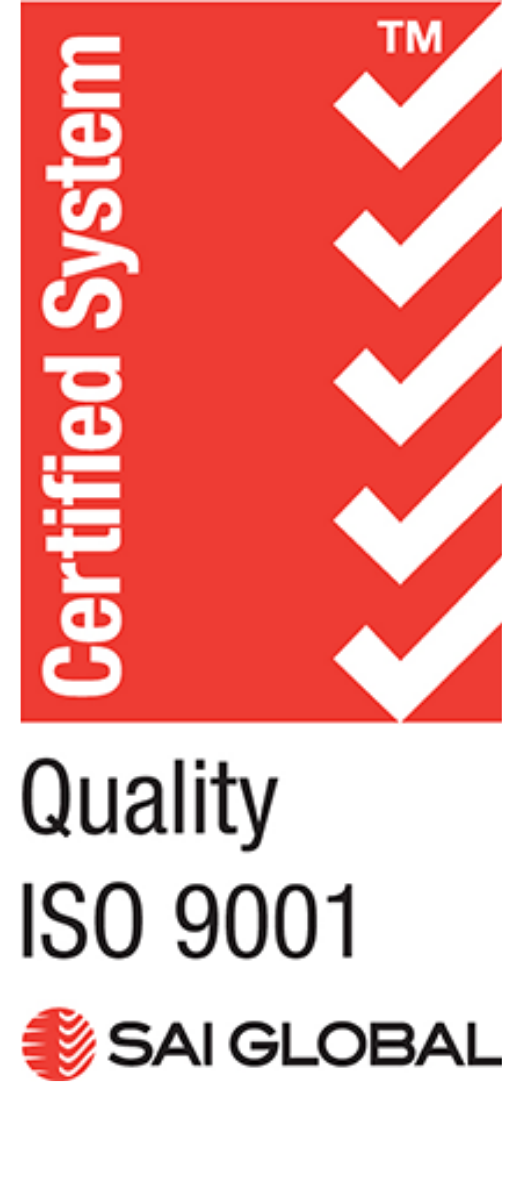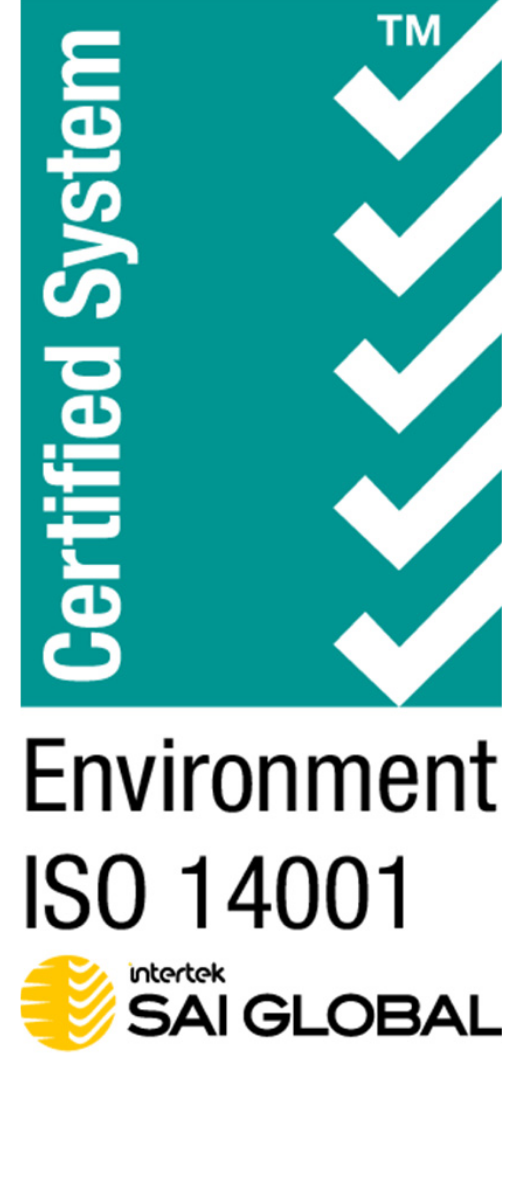The World of Artificial Intelligence: How It's Driving Innovation
Artificial intelligence (AI) continues to shape the world and drive innovation, pushing us ever closer to the advanced technological landscapes often depicted in movies. While we’re not quite at the level of fully functioning, autonomous robots like those portrayed in films such as Eagle Eye and Her, AI is already exhibiting remarkable intelligence and versatility. Today, AI manifests in more accessible forms, from virtual assistants like Siri and Alexa to complex data analysis tools transforming how businesses operate.
Where Is AI Currently At in 2024?
AI’s flexibility means that companies, both large and small, are deploying it across various industries to enhance processes, streamline operations, and generate new opportunities. According to recent insights, AI is being used to improve innovation by processing vast data sets, identifying patterns, assessing risks, and making informed predictions.
Google and AI Advancements
Google remains a frontrunner in AI innovation, focusing on enhancing its virtual reality platform and improving its voice-activated assistant across devices, including Google Home. In 2024, the goal is to create machines capable of understanding and responding to conversations with increased context awareness. Google’s machine learning project, Magenta, is an excellent example of creative AI use. Magenta generates music, such as a 90-second piano melody through a neural network, showcasing how AI can engage in creative processes.
AI in Data Security and Analysis
Companies like Palantir continue to leverage AI for large-scale data analysis. Palantir’s objective is to create machines that can sift through extensive data to detect security threats—tasks traditionally performed by humans. As AI develops to think and learn in ways akin to humans, there’s a potential to automate complex processes entirely. This, however, raises questions about the power AI may wield and the safeguards required to ensure its responsible use.
Start-ups and Consumer AI Products
The start-up scene is also thriving with AI applications. X.ai offers an AI-powered personal assistant to manage meeting schedules, while Lilt provides an adaptive translation API that learns a user’s translation style over time. By continually learning from human input, these applications highlight how AI can enhance efficiency and accuracy in diverse fields.
In the consumer market, Amazon Echo stands as one of the most prominent AI-driven products. This always-on, voice-controlled appliance connects to the internet and integrates with third-party services, allowing users to perform a variety of tasks, from querying trivia to managing shopping lists. Despite competition from Apple’s Siri, Echo’s cloud-based service, Alexa, has gained a significant consumer preference, thanks to its robust functionality and adaptability.
How AI is Revolutionising Business
In 2024, AI continues to revolutionise business practices by driving innovation and efficiency across industries. Key areas where AI is
making a substantial impact include customer service, personalised marketing, process automation, decision-making, and research and development.
AI technologies like chatbots, data analytics, and automated workflows are helping businesses to optimise operations, reduce costs, and
deliver tailored experiences to customers.
WorkingMouse and AI
In 2024, WorkingMouse continues to focus on software modernisation, leveraging automation and platform engineering to modernise legacy systems. They emphasise using cross-functional squads and methodologies like Jidoka to increase project quality. Additionally, WorkingMouse has been awarded recognition for its services, like “Top App Modernization Service 2023.” Their work includes modernising various software solutions for clients in sectors ranging from government to construction.
For more details on their current projects and methodologies, visit WorkingMouse.
The Road Ahead for AI
The future of AI in 2024 points towards increasingly sophisticated applications that blend seamlessly into various aspects of business and daily life. With AI’s capacity to innovate—whether in data analysis, consumer products, or business solutions—the possibilities seem endless. However, it remains essential to implement robust safeguards to ensure that AI technologies are used responsibly and ethically. As AI continues to evolve, it promises not only to redefine industries but also to reshape how we interact with technology in our everyday lives.




.png)











